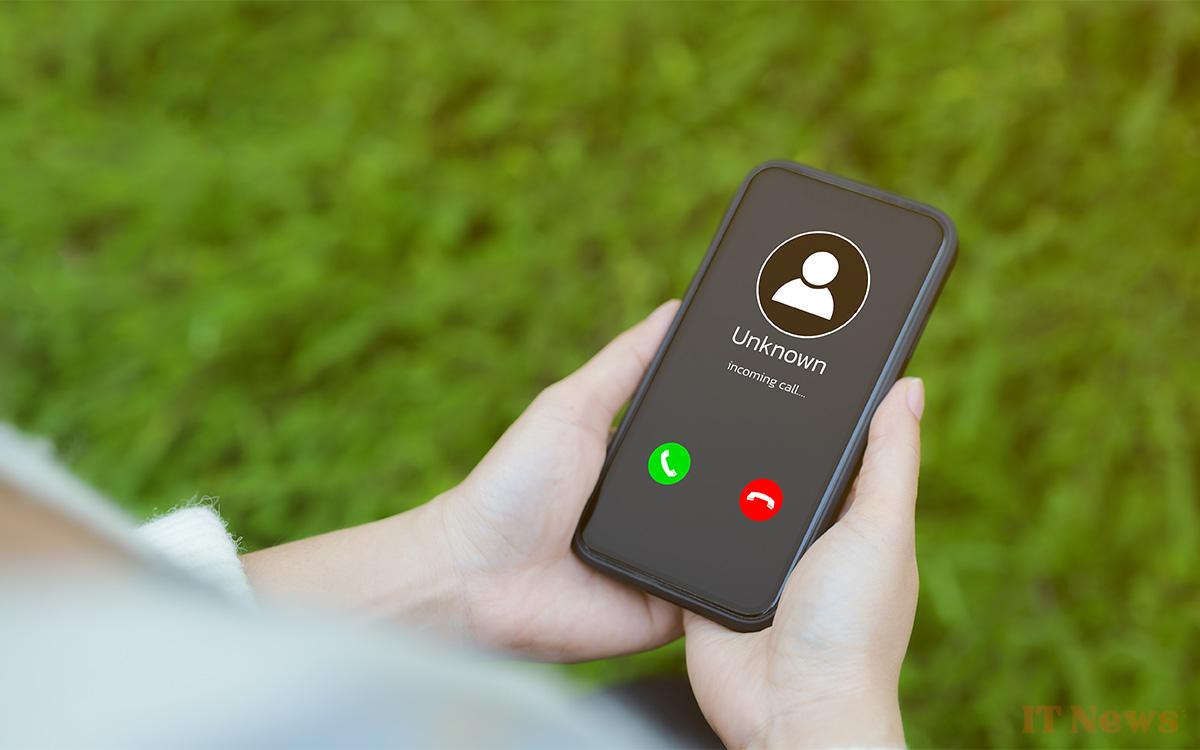Scammers are posing as advisors from your service provider and promising you exceptional discounts. But behind this false generosity lies a well-oiled scam. Here's how to recognize them and protect yourself.
Your phone rings. At the other end of the line, a polite voice announces good news: you are eligible for a significant discount on your phone, internet, or energy bill. This reassuring voice tells you they are an advisor from your supplier. Their speech is clear and professional, and the offer sounds tempting. However, everything is fake. You are the target of a scam. Fake advisors, real scams: when scammers imitate your suppliers These telephone scams are on the rise. Scammers pretend to be representatives of large companies – telephone operators, energy suppliers, streaming services – and use automated calls (robocalls) or direct calls. Their goal? Impersonating one of your suppliers' customer service representatives to ultimately extort money or sensitive information from you, such as your login details or banking information.
According to an alert from the FTC (Federal Trade Commission), this type of fraud affects millions of people every year. These highly skilled scammers know how to convince you: they promise you an immediate discount and put you in a false sense of urgency to prevent you from thinking before asking for immediate payment. In reality, there is no discount or special offer, just a rather overly effective trap.
How does this scam work?
The scammer on the other end of the line will promise you an exceptional discount by pretending to be an employee of one of your suppliers (internet, mobile, gas, electricity, etc.) in order to gain your trust. Their message is clear and professional, but they insist on urgency: this discount is only valid immediately! You must therefore hurry, and to take advantage of it, you must verify your account and provide your login details. This seems like a simple formality, but in reality, the scammer is taking advantage of it to retrieve your login details, banking information, or even your personal details. In some cases, scammers demand payment by gift card – Amazon, Google Play, or Apple. This method is impossible to cancel once the codes have been sent. Their main advantage remains pressure: "The offer expires soon, you must act now." By putting you in an emergency situation, they push you to react without thinking. But once your information is shared, it's used to empty your account or steal your identity.
What should you do if you receive this call?
As soon as you pick up and are promised an exceptional discount on your bill, your first instinct should be suspicion. Do you have doubts? Hang up. Don't stay on the line listening to promises that seem too good to be true. Then take the time to check directly with your supplier, using their official website or the customer service number indicated on your bills.
And above all, never agree to give out your personal information over the phone. A real customer service representative will never need your login details, account number, or bank details to give you a discount.
How can you strengthen your daily security?
- Two-factor authentication. Activate it on your online accounts. Even if a scammer gets your credentials, they won't be able to log in.
- Block suspicious calls. Apps like Truecaller or Hiya can spot suspicious numbers and alert you.
- Keep an eye on your accounts. Check your bank statements regularly. Even the slightest strange transaction should raise a red flag.
- Choose a reliable security solution. Good protection software can alert you to dangerous links, suspicious emails, or even suspicious calls.
Bitdefender Premium Security: Complete protection against scams
For even more effective protection, you can turn to a solution like Bitdefender Premium Security. This security suite detects phishing attempts via email and SMS and blocks dangerous links. Available from €69.99 per year for 5 devices, it relies on Scam Copilot, an artificial intelligence technology that identifies scams before you even encounter them.
Bitdefender also protects your personal information, secures your connections and includes a password manager to help you secure your login details without having to remember them. You can browse, call, and communicate safely, while reducing the risk of falling for a phone scam.
Phone scams prey on your trust and your need to save money. They use well-rehearsed pitches, false urgency, and promises of discounts that don't exist. But you don't have to fall for their tricks. By staying calm, always verifying the identity of the person you're calling, and using the right protection tools, you can avoid these scams. Stay vigilant, get informed, and never hesitate to hang up when faced with a suspicious offer. The best protection is still caution.
This article is a sponsored post brought to you by Bitdefender.




0 Comments